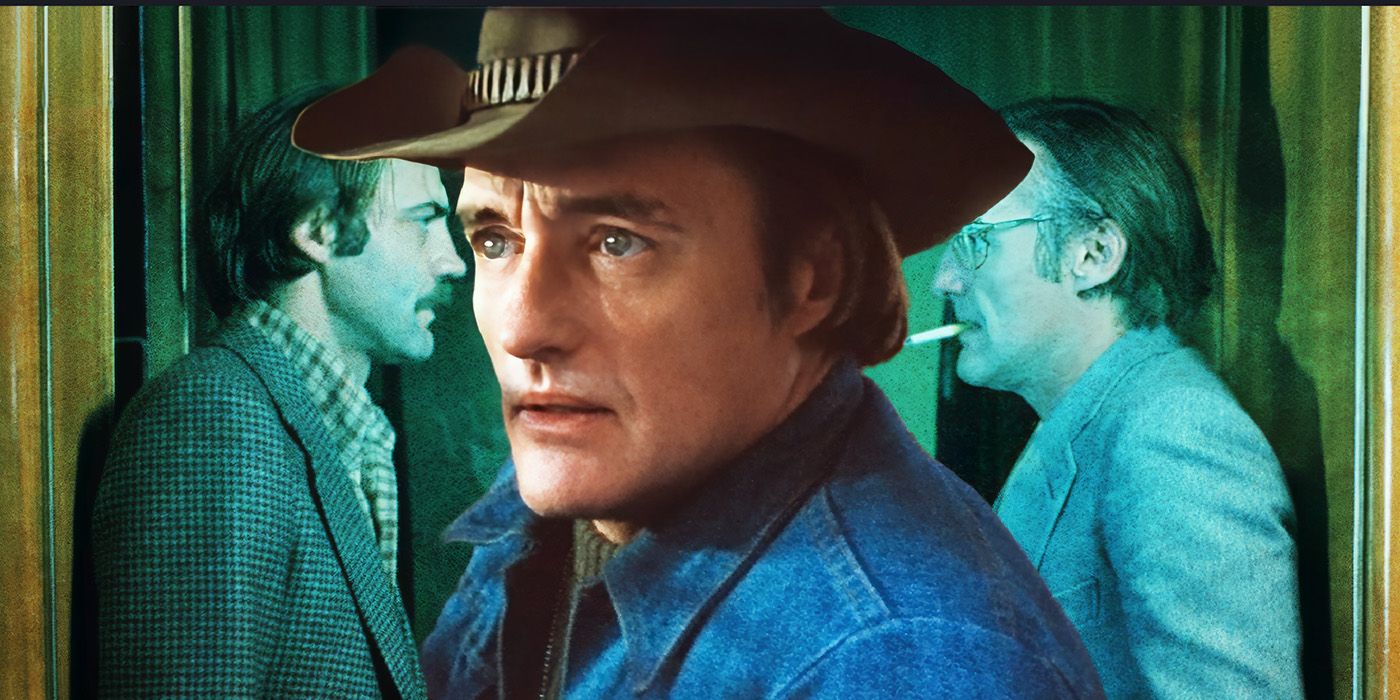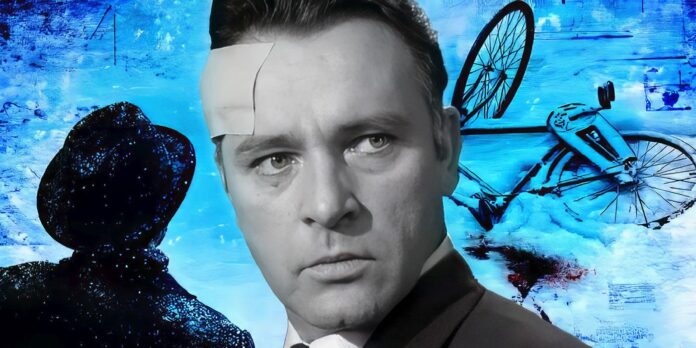John le Carré‘s spy novels have usually been tailored for the display, regardless of missing the high-tech gadgetry and bombast of Ian Fleming‘s James Bond sequence. As a substitute, le Carré depends upon good old school intrigue and espionage, in addition to a wholesome dose of cynicism, which is very true of The Spy Who Got here in from the Chilly, the primary of his books to be become a film. Launched on the peak of the Chilly Conflict, it takes a grim view of our intelligence companies, ostensibly created to maintain us secure, but not above sacrificing people for the sake of the “frequent good.” As civil liberties are slowly eroded within the title of nationwide safety, what was true in 1965 is simply as true at the moment.
‘The Spy Who Got here in from the Chilly’ Interrogates the Battle Towards Communism
Richard Burton performs Alec Leamus, a longtime MI6 agent who’s pressured into early retirement after a mission goes improper. Embittered and drunken, he takes a job at a library, the place he romances a shy co-worker and member of the British Communist Occasion, Nan Perry (Claire Bloom). He catches the eyes of East German intelligence brokers, who suppose he may be a possible defector, and earlier than lengthy he makes contact with a German handler, Fielder (Oskar Werner). Leamus’ fall from grace is all a part of a rigorously constructed plot in opposition to Fielder’s supervisor, Mundt (Peter van Eyck), who he hopes to discredit throughout the East German Intelligence Service by making it appear as if he is promoting data to British Intelligence. But as Leamus quickly learns, he is only a patsy in a a lot bigger scheme, one which views him — and Miss Perry — as expendable.
The Spy Who Got here in from the Chilly was directed by Martin Ritt, an apprentice to Elia Kazan whose affiliation with the Group Theater brought about him to change into ensnared by the Hollywood Pink Scare. His promising profession as a tv director was stymied by the blacklist, and he labored in theater for a variety of years earlier than directing his first movie, Fringe of the Metropolis. Launched in 1957, when Ritt was 43 years previous, it touches upon many themes that may resonate all through his profession: the facility of unions, the ills of racial prejudice, the battle of the person in opposition to society. His finest motion pictures — Hud, Sounder, and Norma Rae amongst them — are tinged with social consciousness and ethical righteousness. It is little marvel he could be drawn to le Carré’s novel, given it appeals to so lots of his private sensibilities, to not point out regarding a very painful chapter of his personal life. Slightly than flip it right into a political diatribe, Ritt permits the message to talk for itself, creating a darkish, gloomy thriller highlighted by stark black-and-white cinematography.

Associated
Dennis Hopper Put a Gritty Twist on Tom Ripley in This Neo-Noir
The New Hollywood insurgent was an sudden option to play Patricia Highsmith’s profession conman.
‘The Spy Who Got here in from the Chilly’ Is Simply as Good As we speak as It Was in 1965
The dramatic centerpiece of The Spy Who Got here in from the Chilly is an prolonged courtroom sequence, the place Leamus and Fielder accuse Mundt of espionage, solely to have the tables turned on them when Miss Perry is introduced in to testify about her relationship with Leamus. Perry has been ensnared on this plot for no higher motive than her love for Leamus, who needs to guard her but detests her naïveté. When Leamus learns that he himself has been duped by his personal authorities, he’s enraged, however then once more, it is all a part of the job. “What the hell do you suppose spies are?,” he snarls at Perry when she questions how he may destroy a person’s life for the sake of nationwide safety. It is not till it is too late that Leamus learns the true price that comes with the career he has devoted his life to.
Is the life of 1 particular person price greater than the struggle for security and safety? Through the Chilly Conflict, the Soviet Union was a boogeyman so terrifying that it needed to be defeated, it doesn’t matter what. The identical was true within the years after 9/11, when the worldwide Conflict on Terror led to the suspension of constitutional rights. And so forth and so forth. This was the battle that le Carré explored all through his profession, from Tinker, Tailor, Soldier, Spy to The Fixed Gardener to A Most Wished Man, all of which have been become motion pictures. But it is by no means been as frighteningly examined because it was in The Spy Who Got here in from the Chilly, each as a novel and as a movie.

